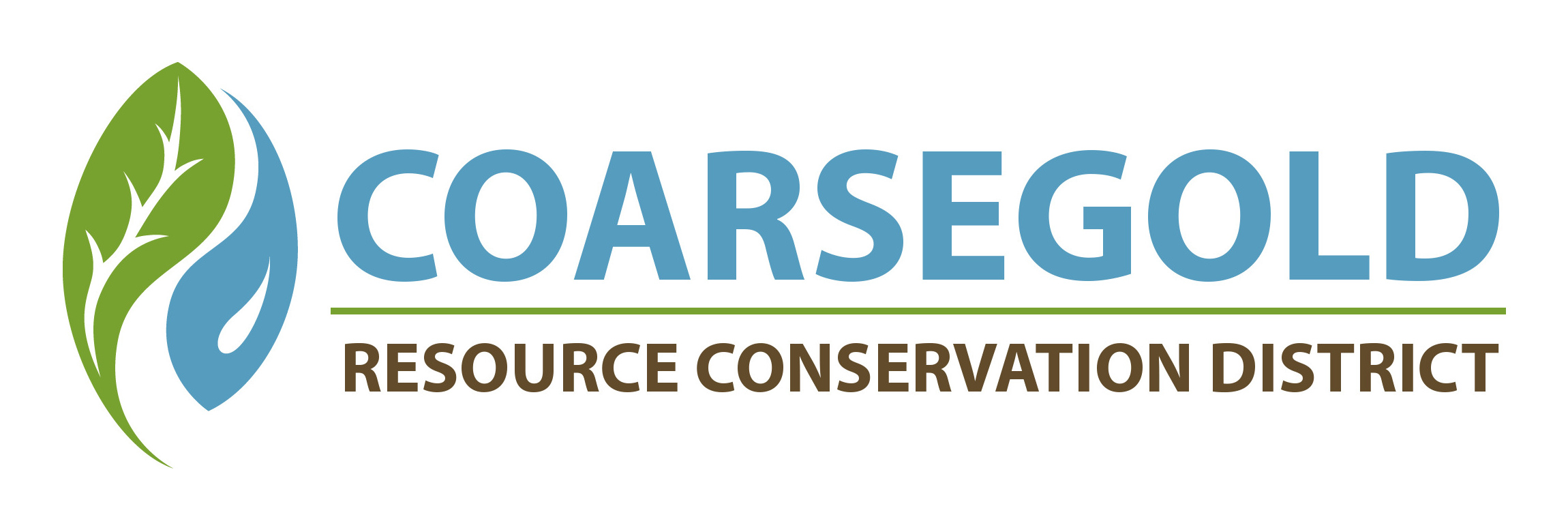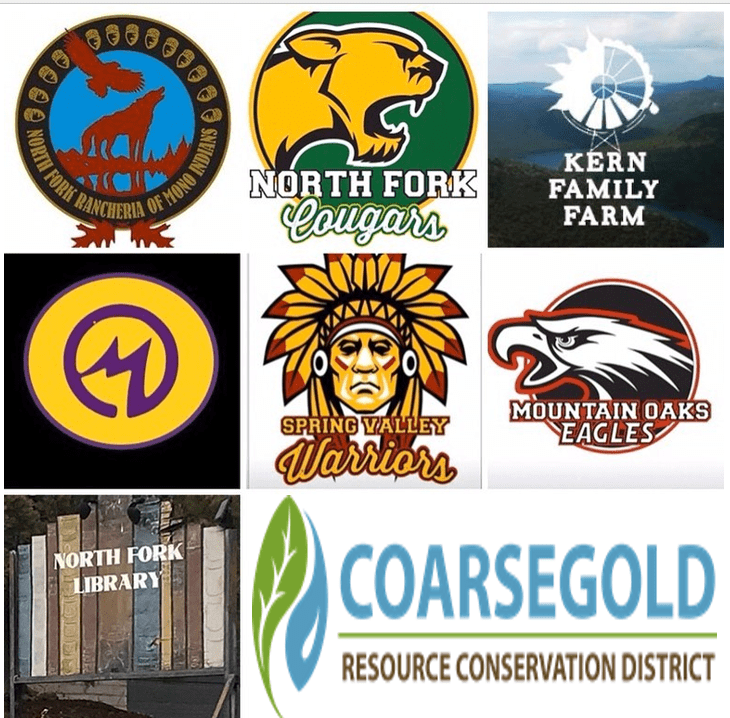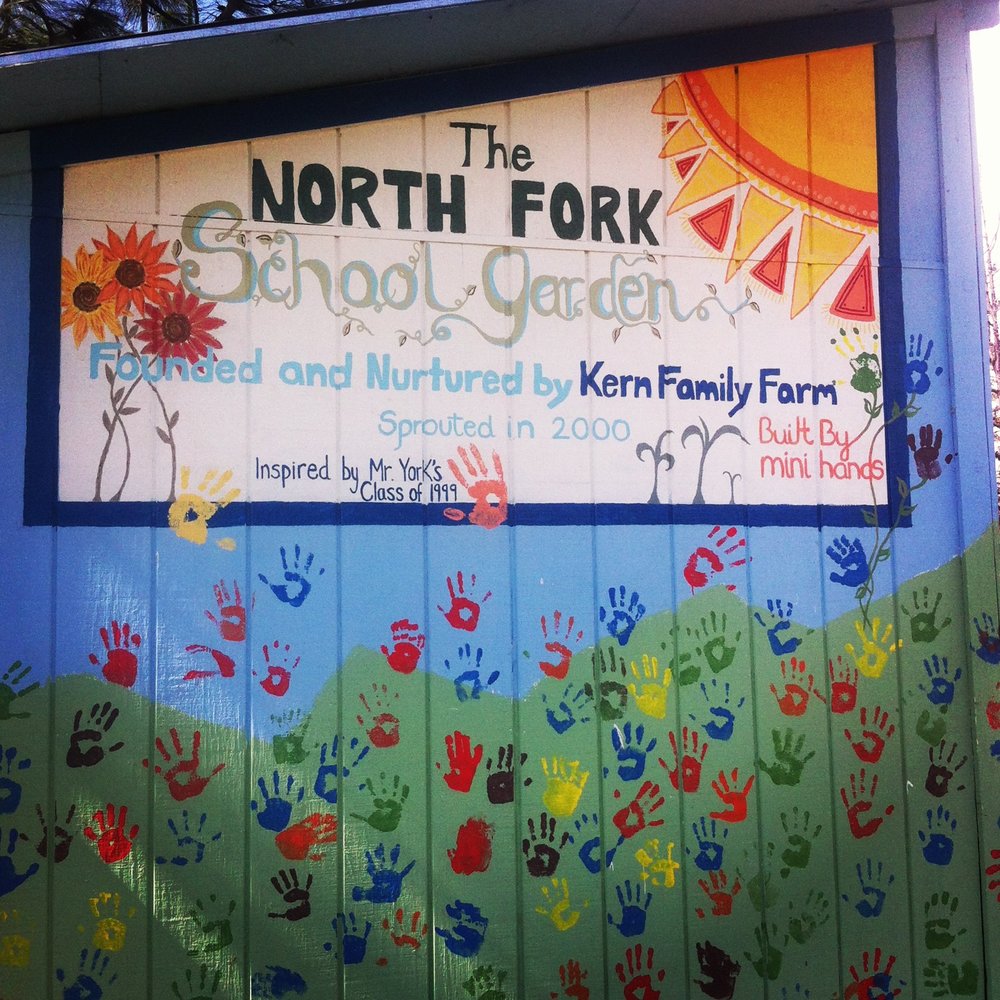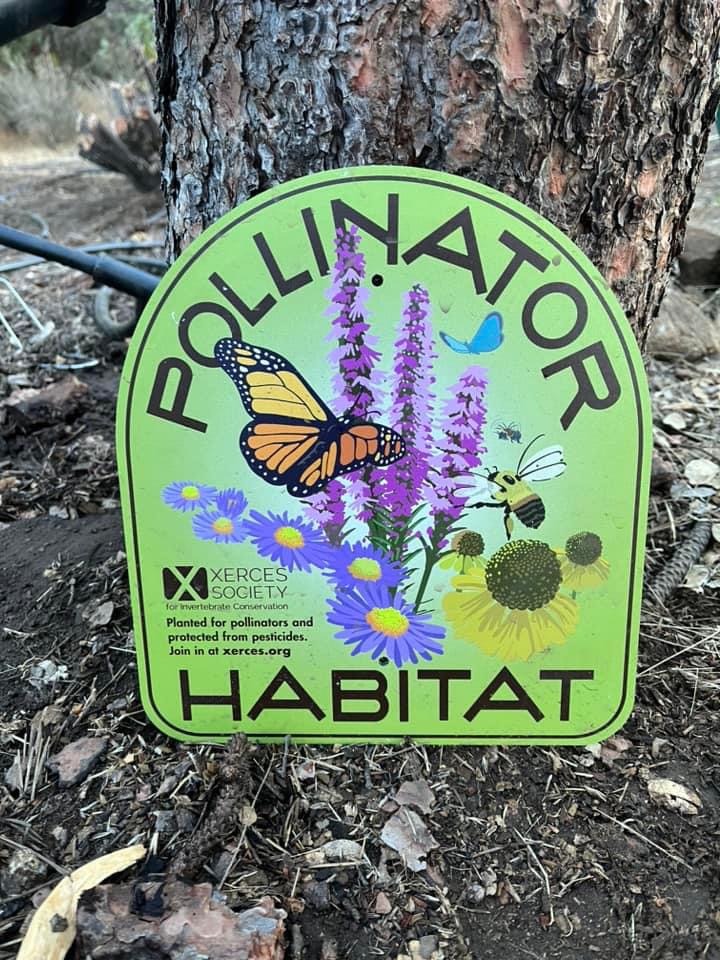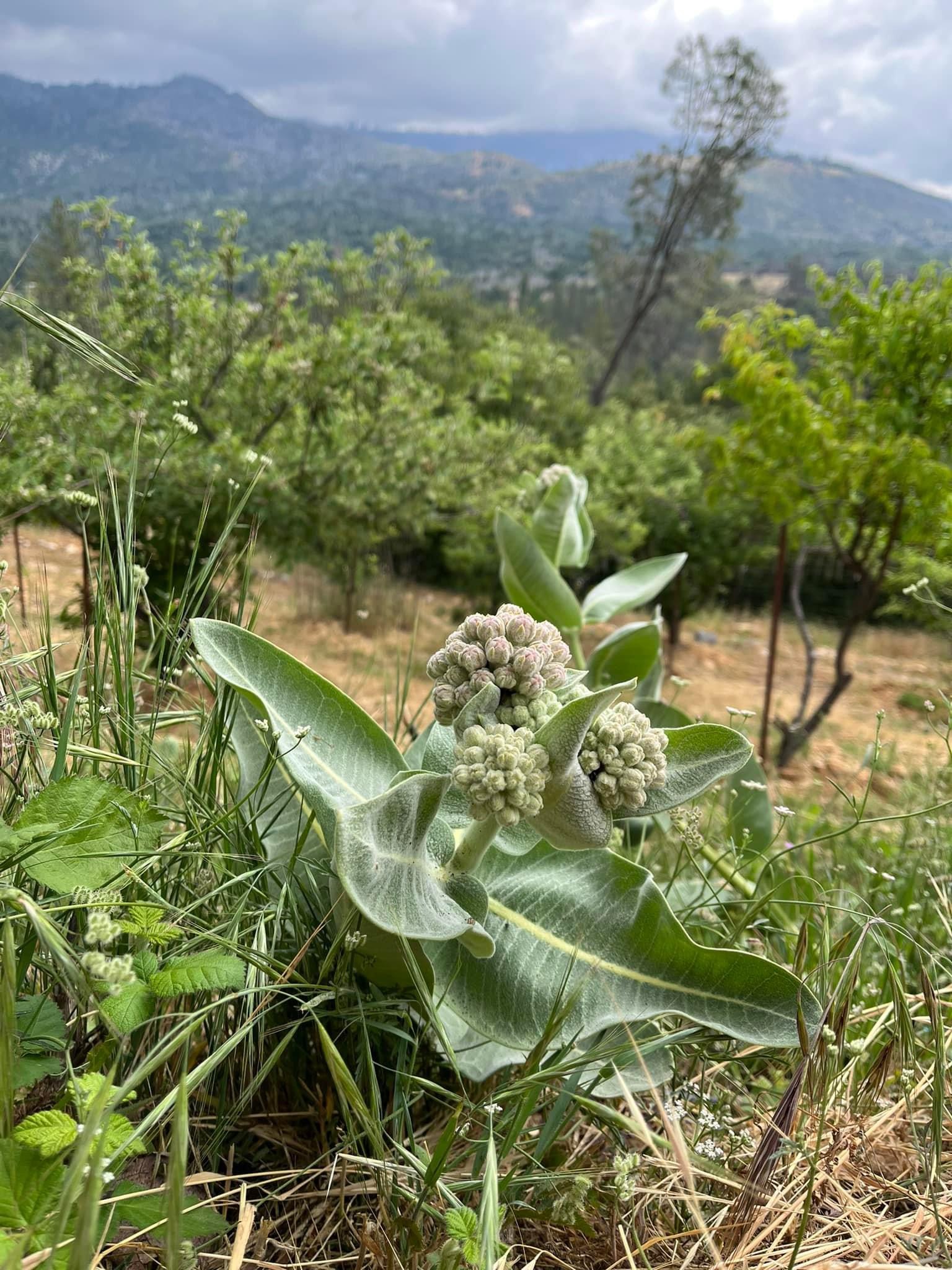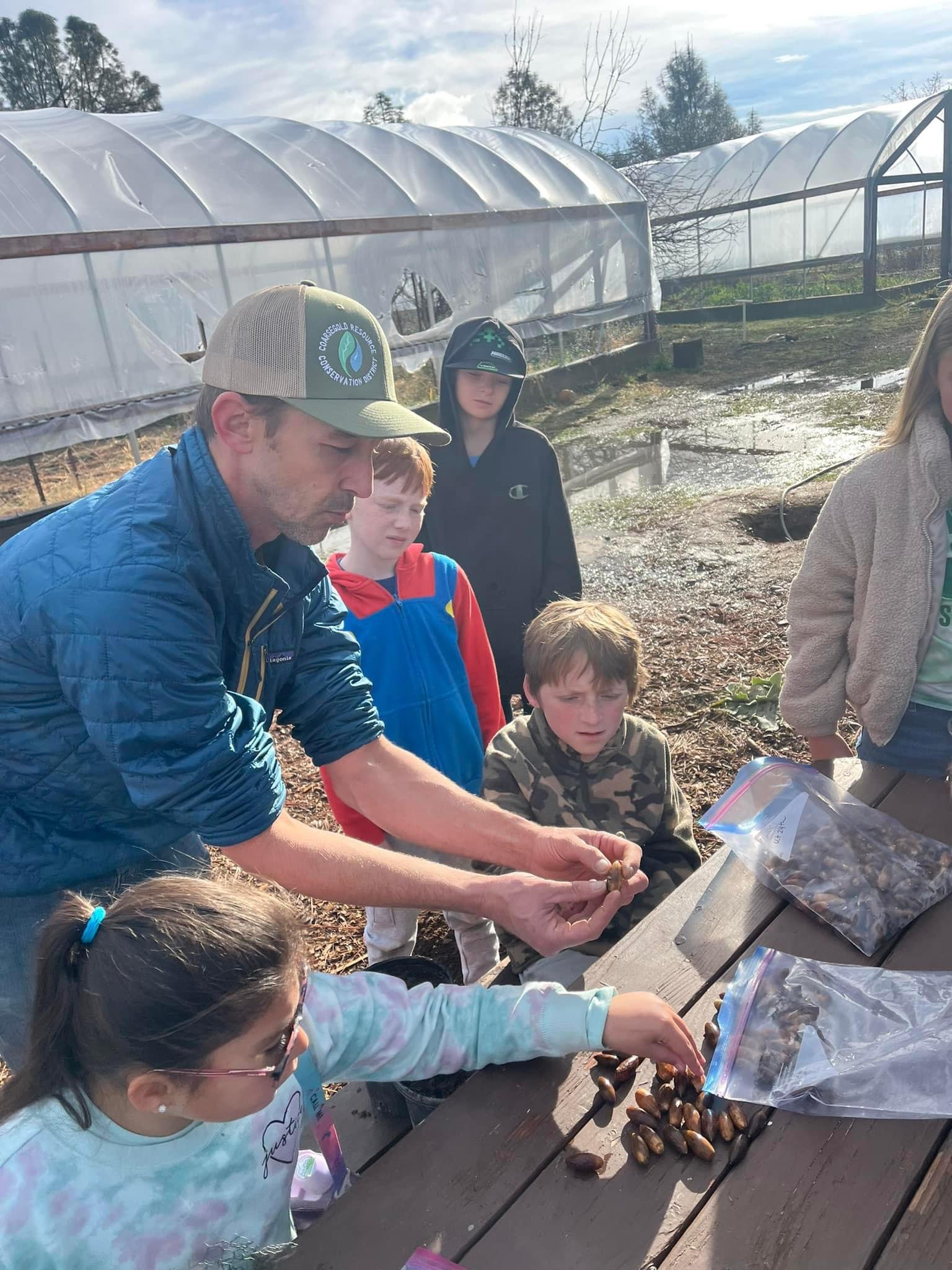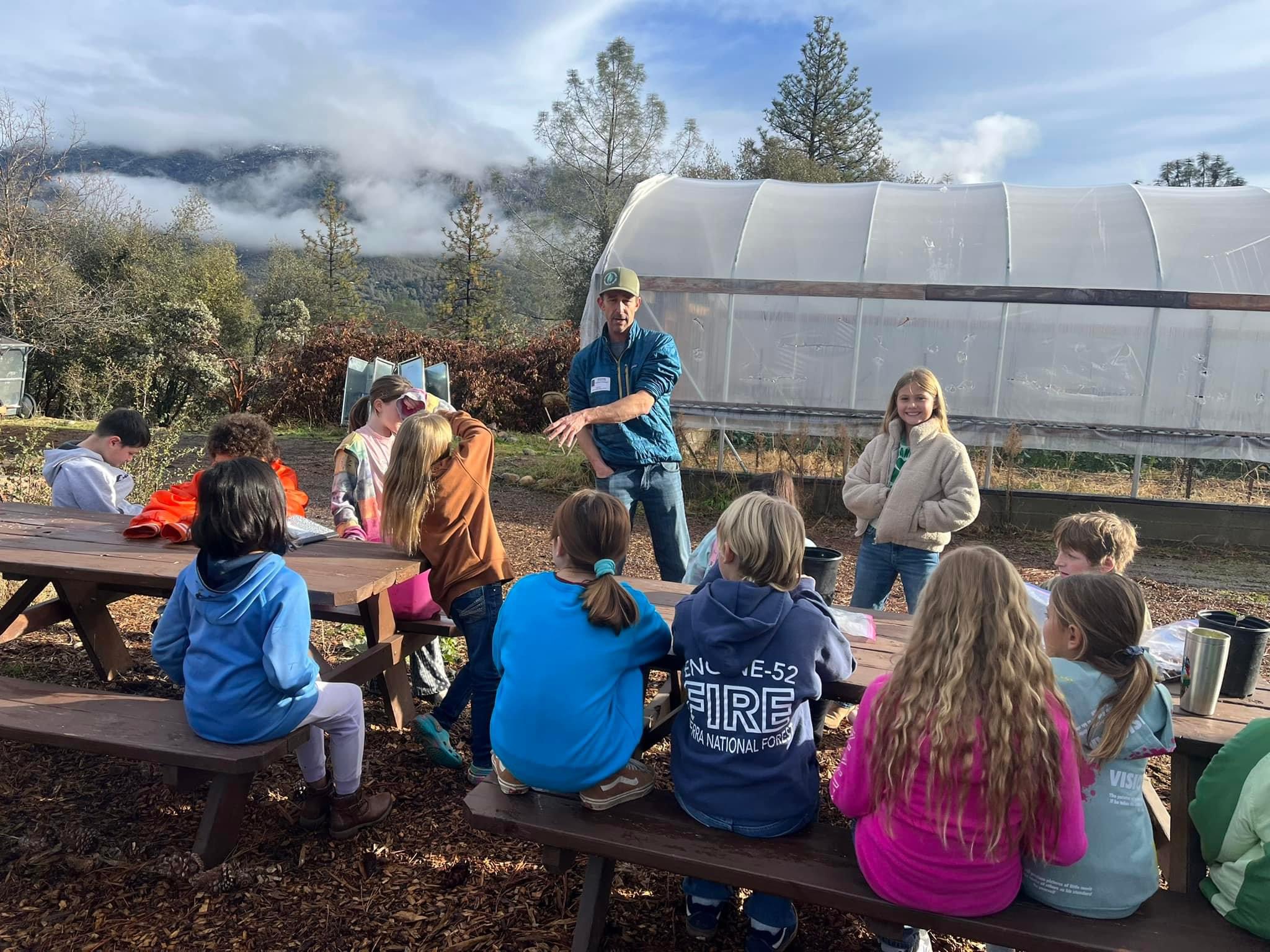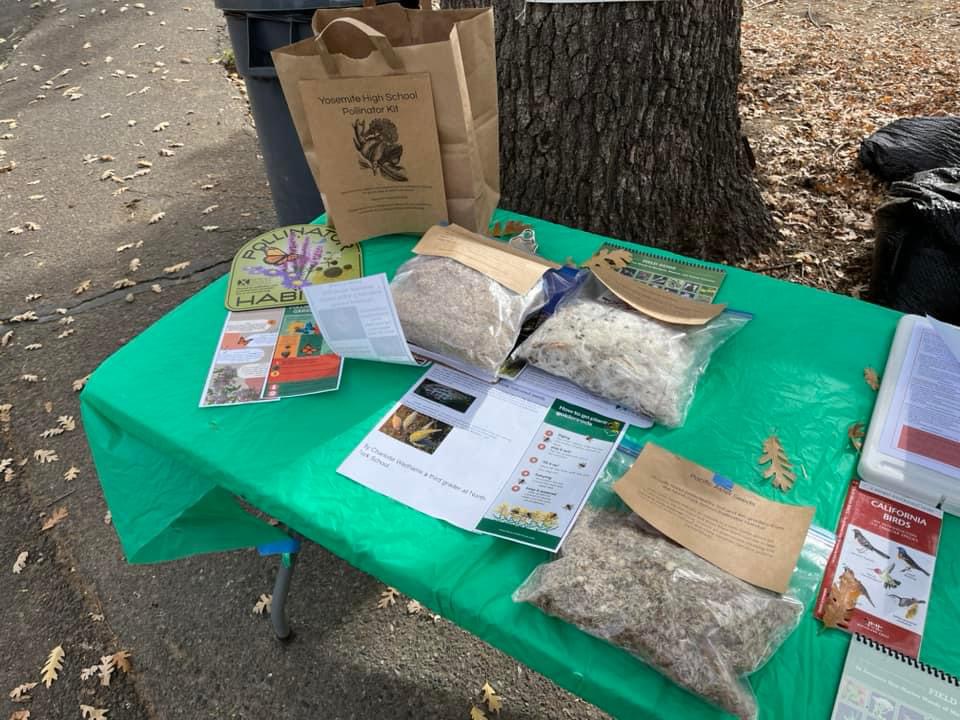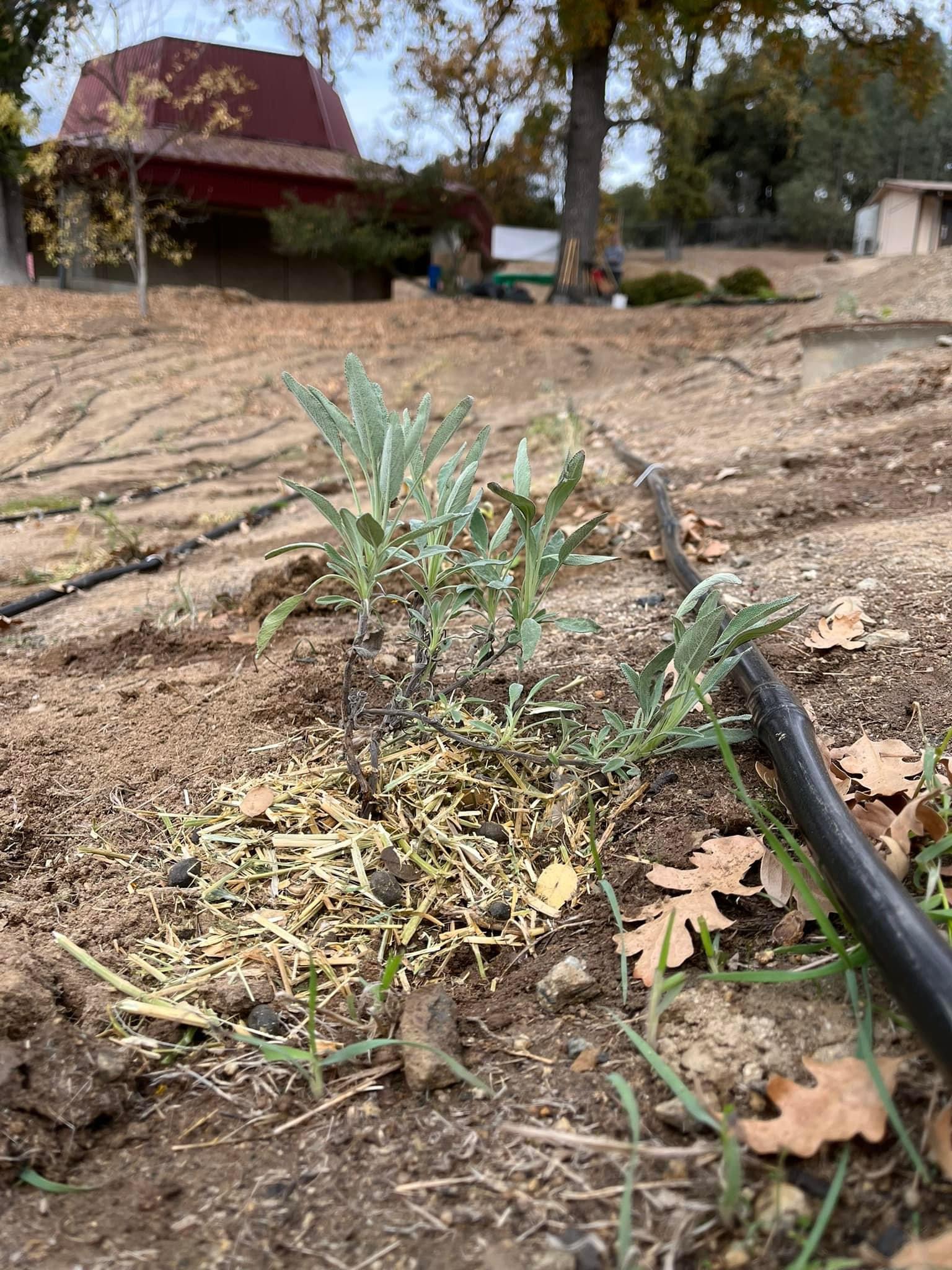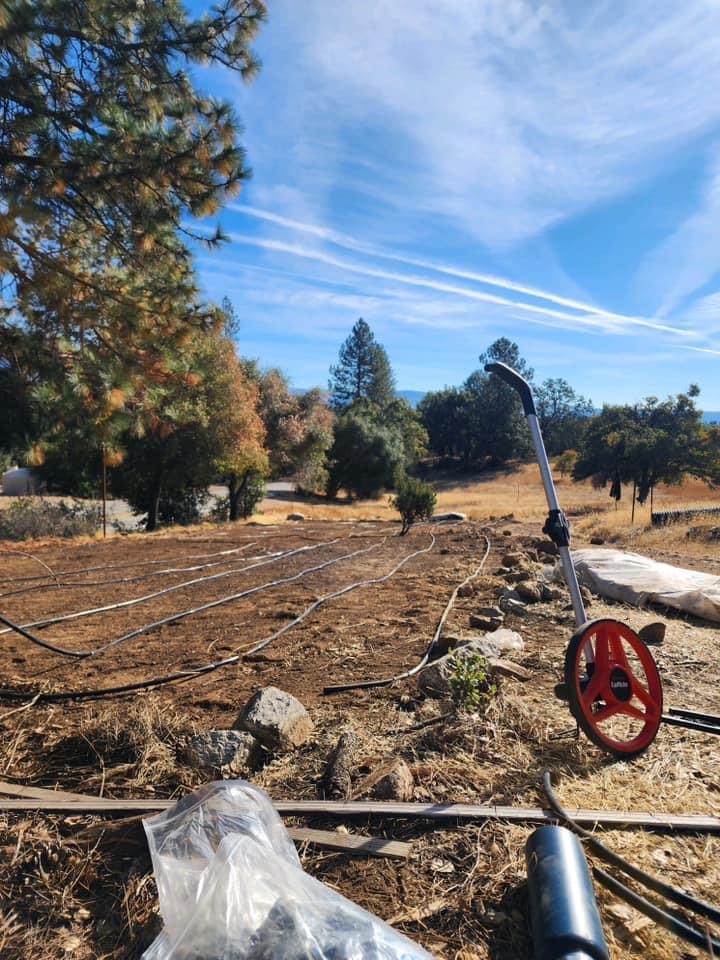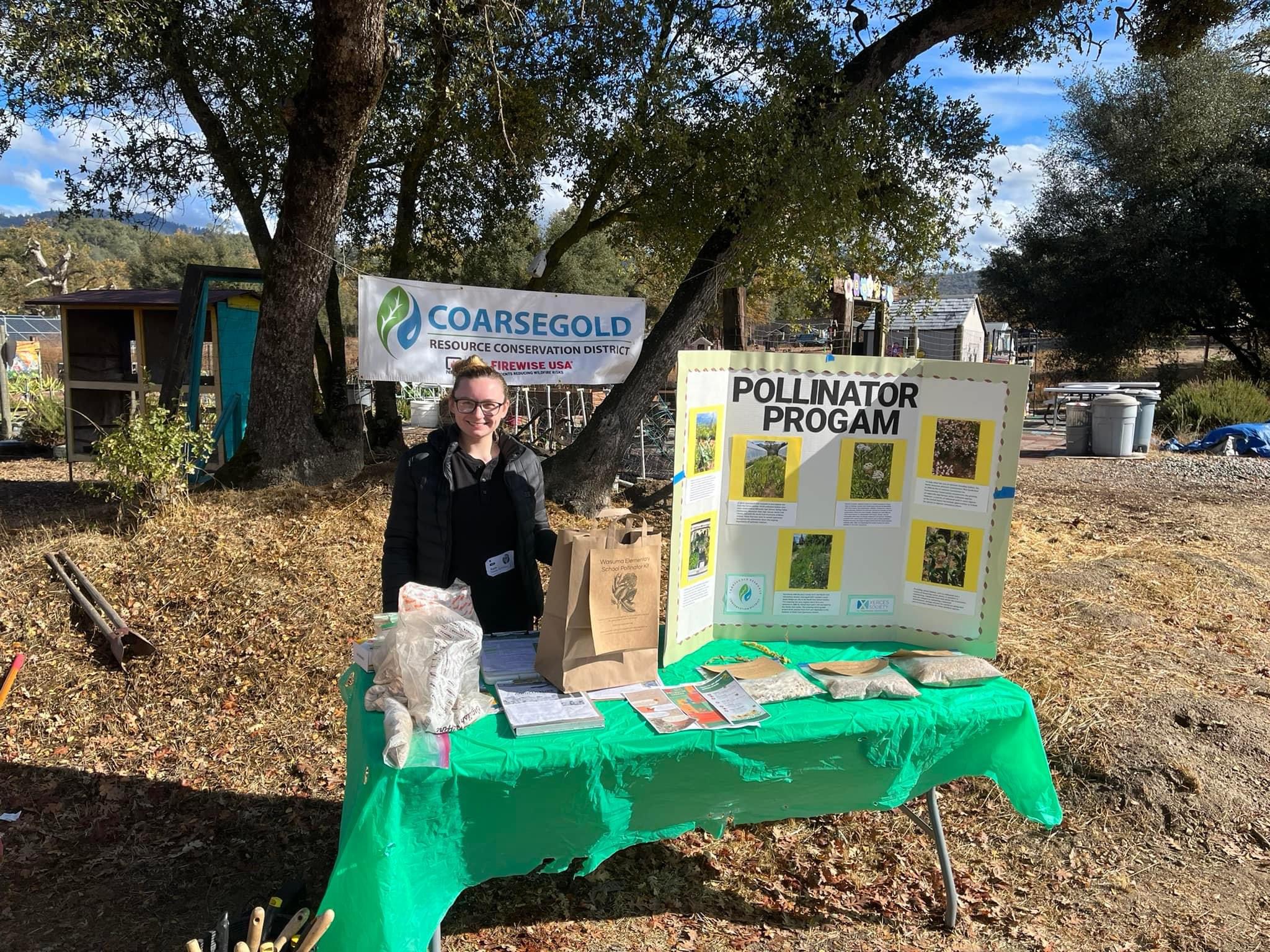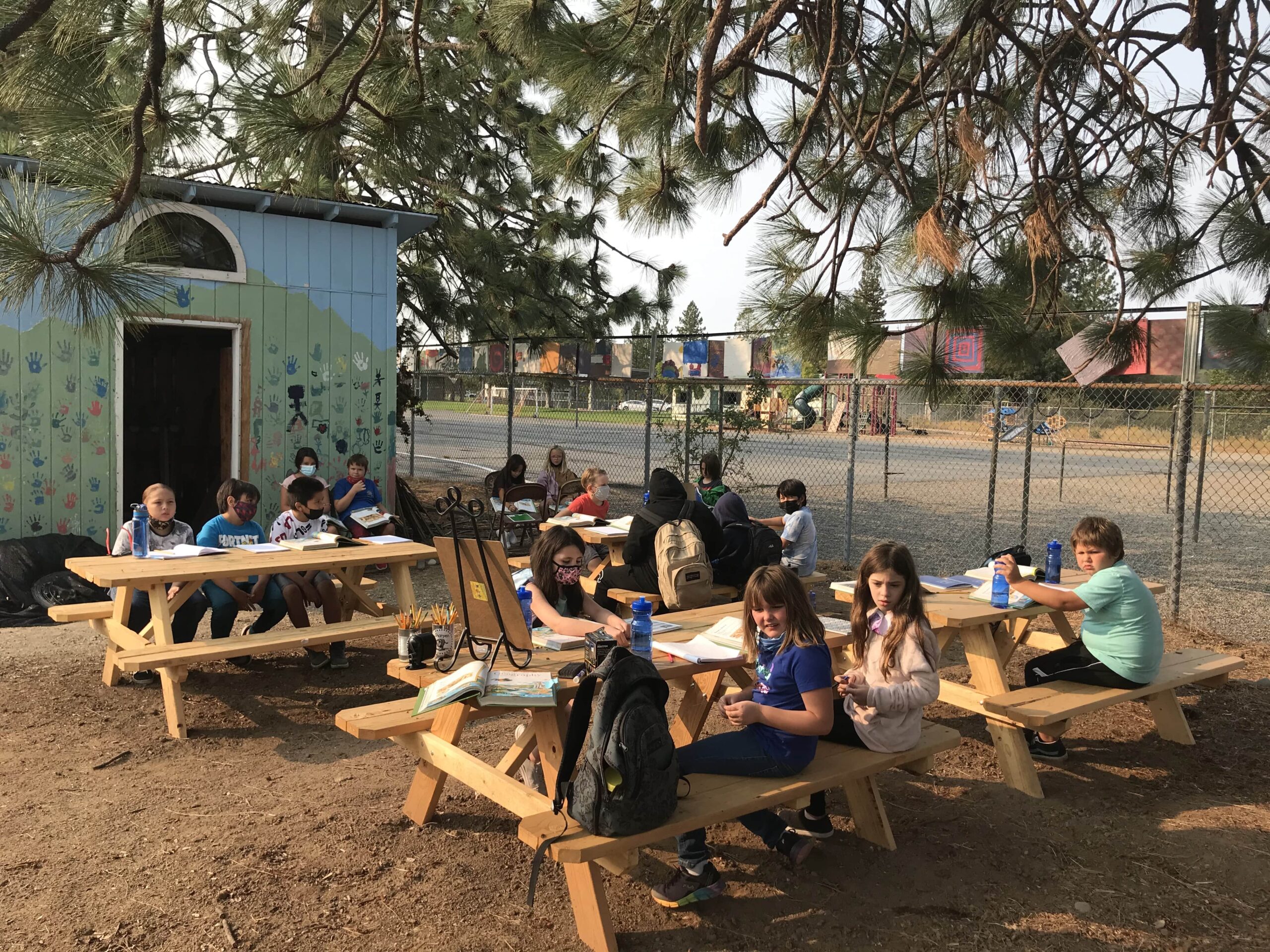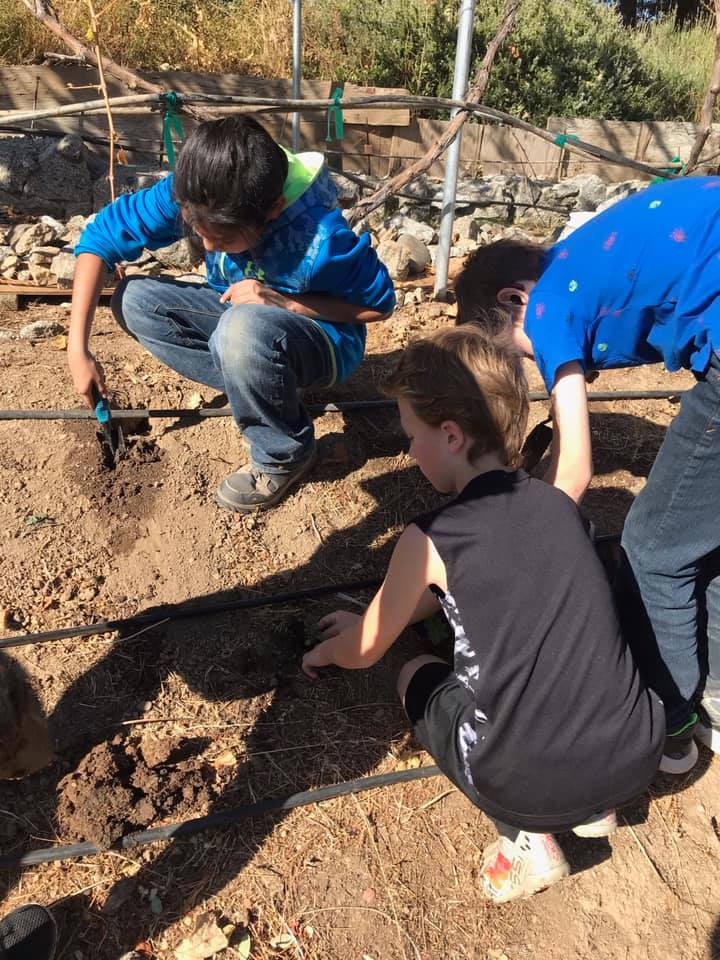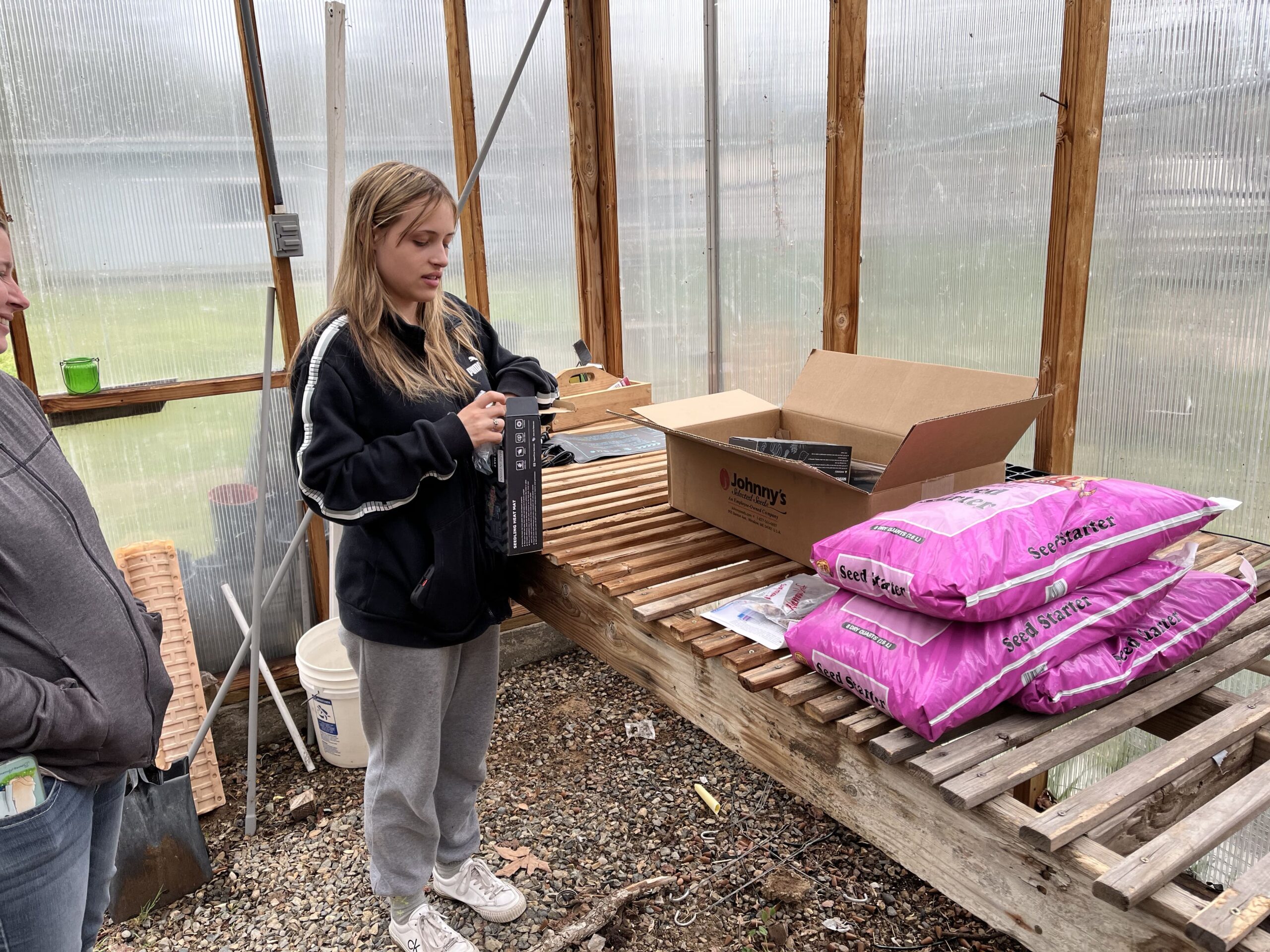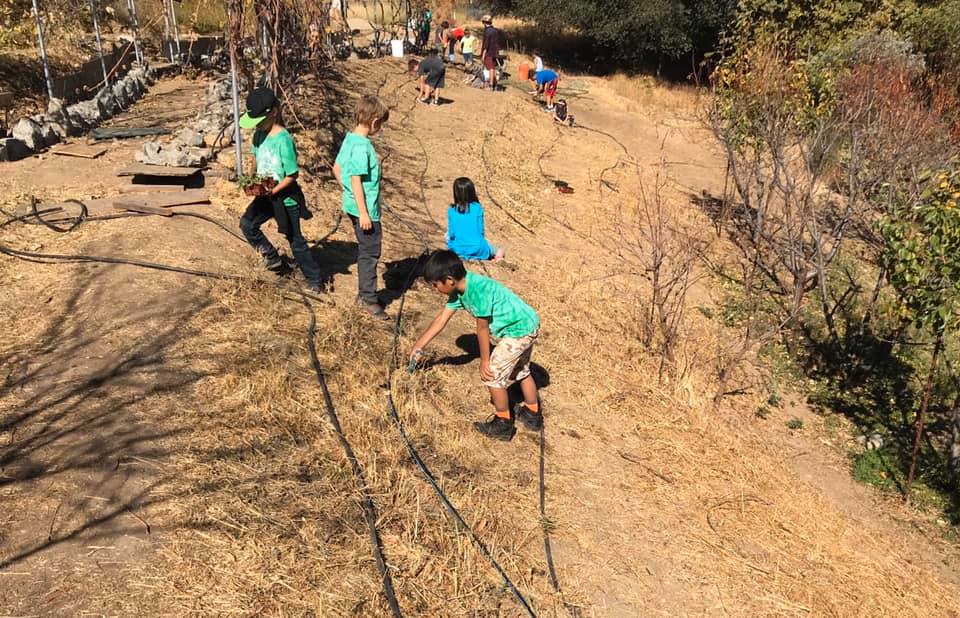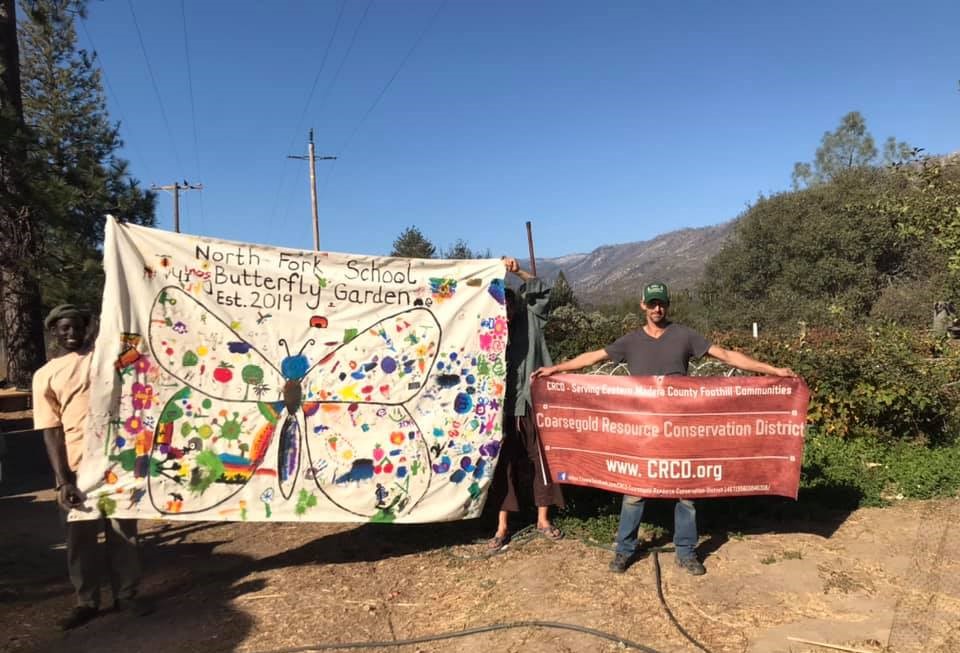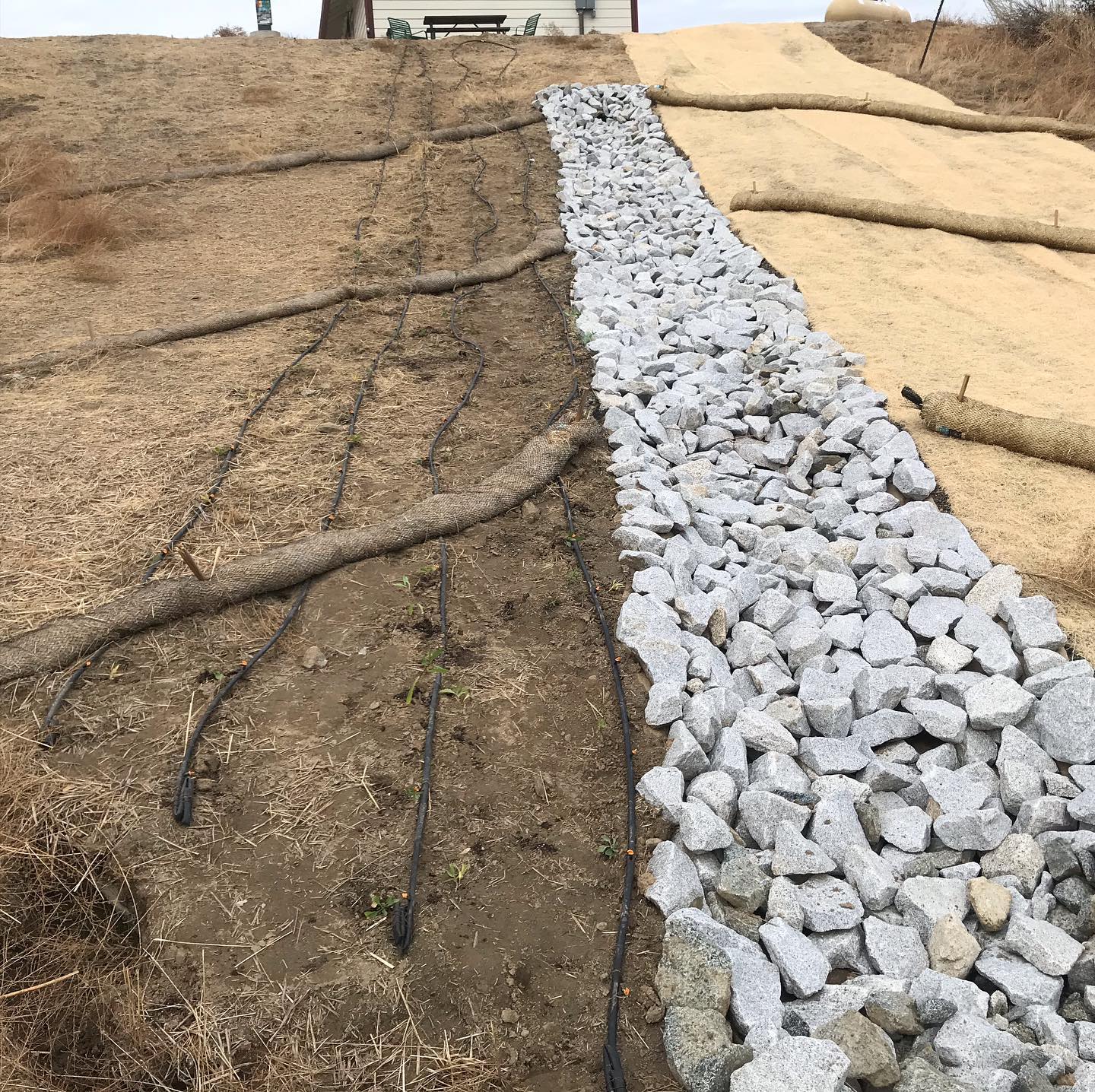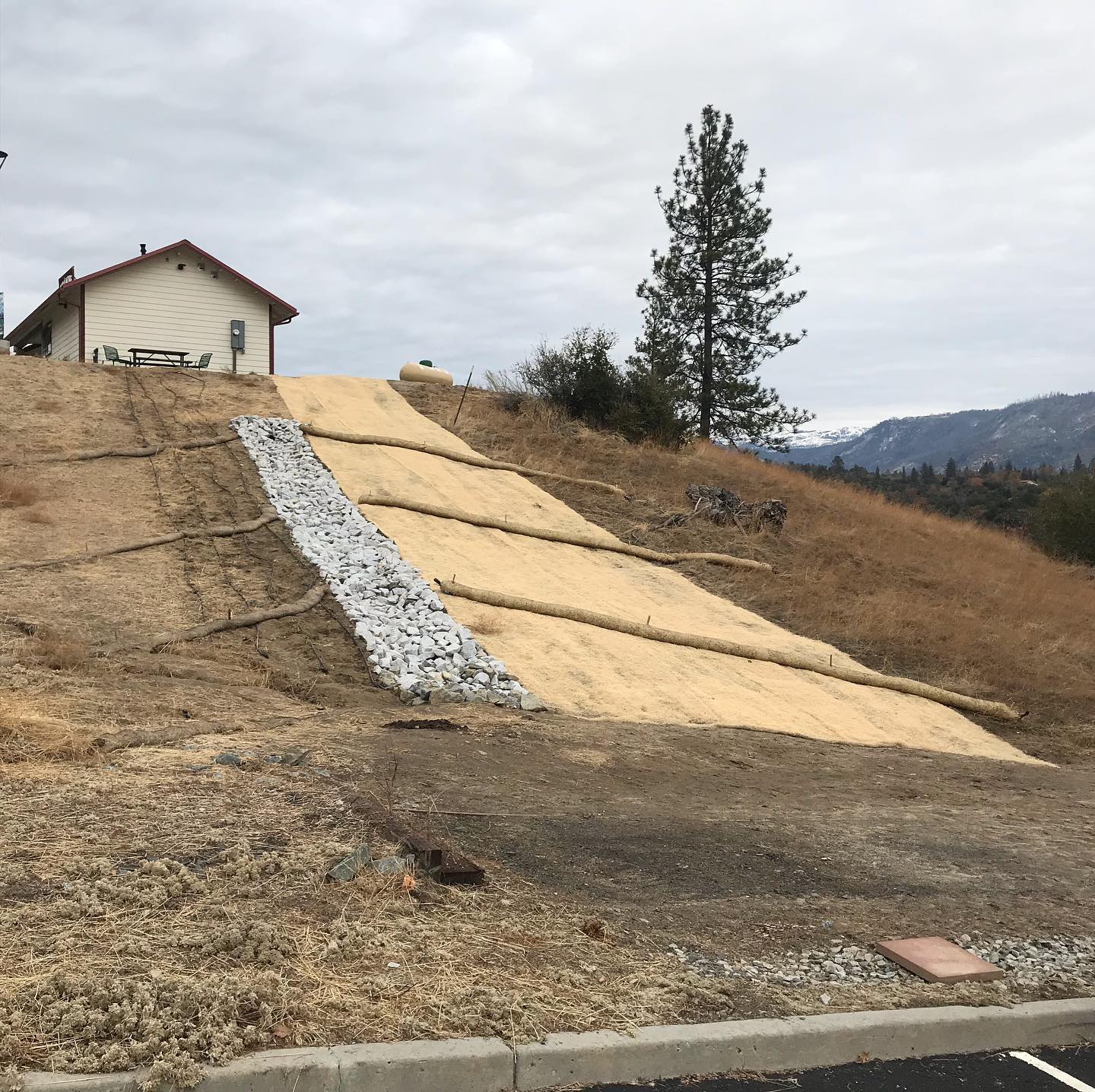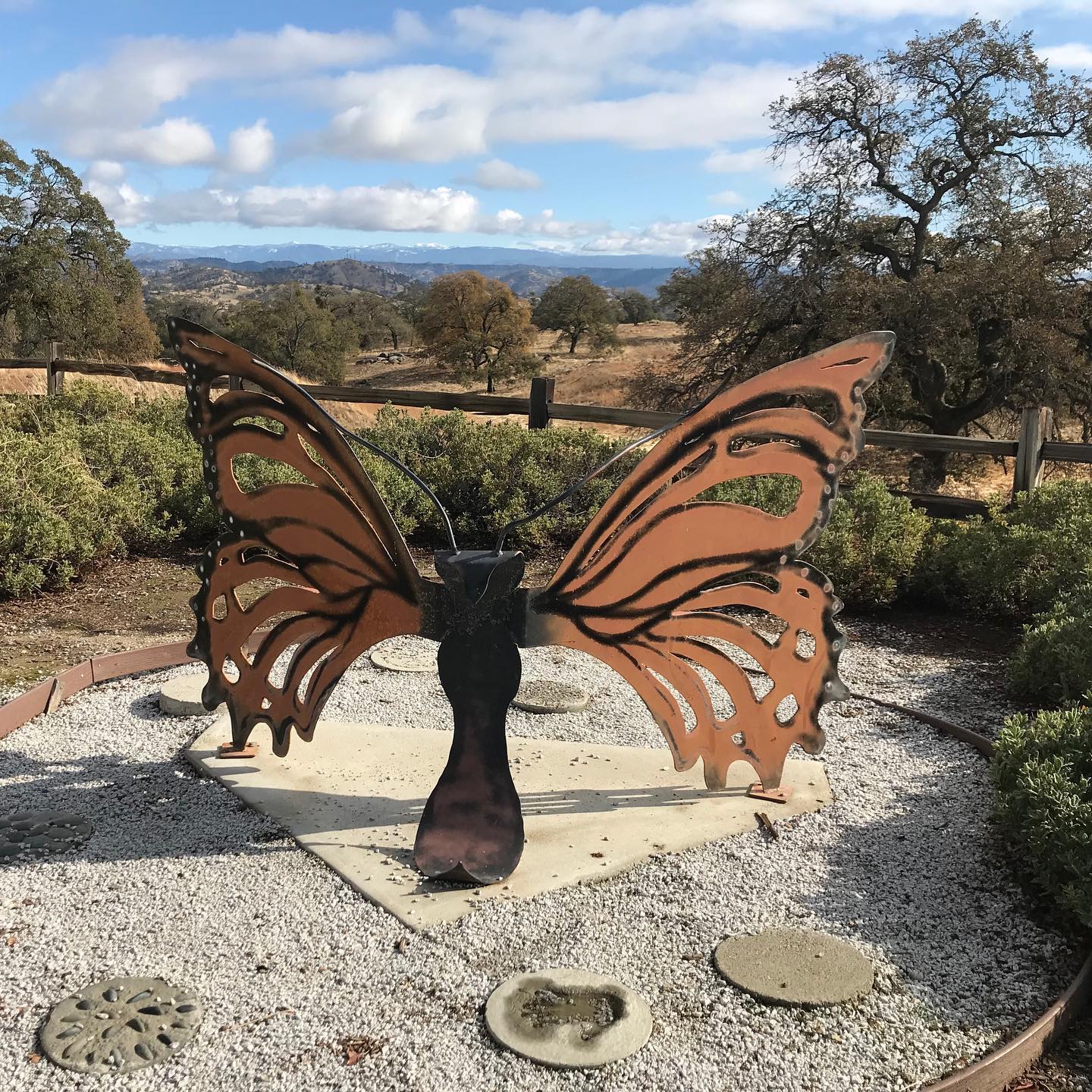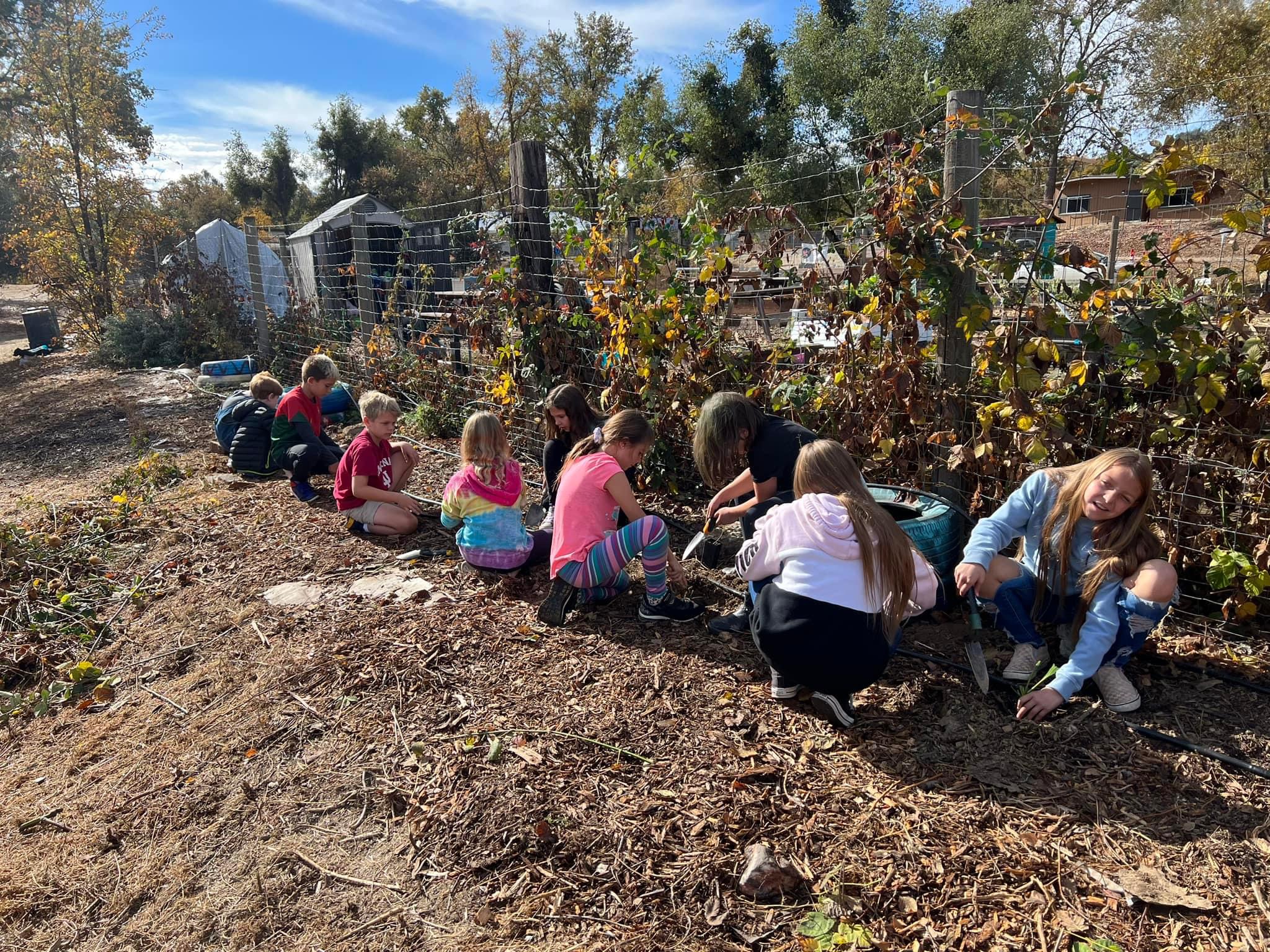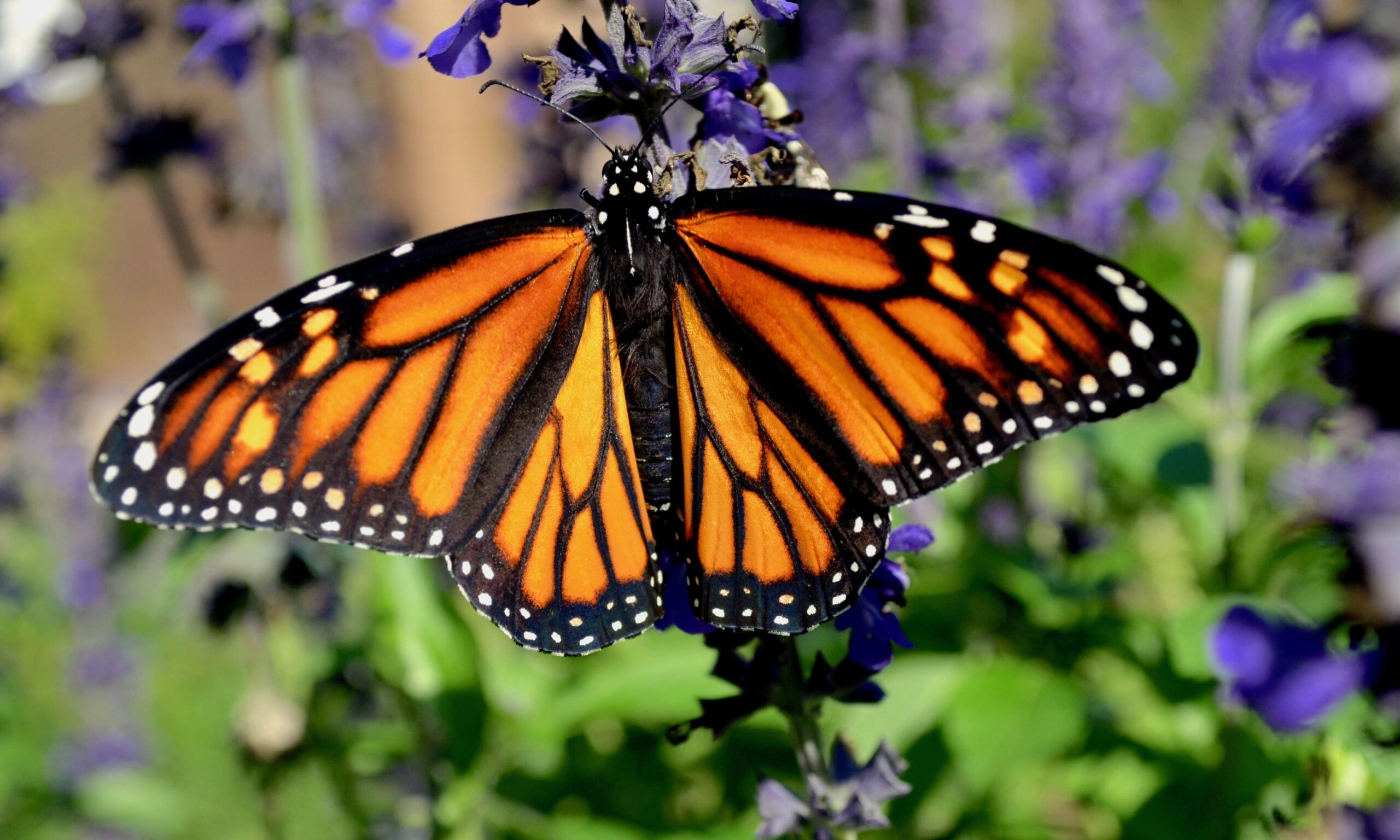
About the Monarch Butterfly Habitat Project
Pollinators such as Monarch Butterflies and a variety of bee species have been in decline since the 1980’s. Reasons for this severe drop in population can be traced to factors including habitat loss, climate change, and pesticide use. Pollinators, such as butterflies and bees, have many of the same habitat needs (native milkweed and other nectar flowers).
The declining monarch population parallels other declining pollinator populations. Because these invertebrates are responsible for pollinating a great deal of the food crops that the population relies upon, their decline impacts the entire human food system. Monarchs and other pollinators are also a part of a natural food web as well, providing a food source to a variety of insects and birds.
Providing native habitat, such as milkweed and nectar plants, is essential in maintaining a balanced food web within the ecosystems that are integral to sustaining a balanced environment. Groups around the world are doing their part to increase habitat for these sensitive species.
CRCD has been lucky to work with groups such as the Xerces society and Monarch Joint Venture to expand pollinator habitat and education in Eastern Madera County.
In 2019, Coarsegold RCD received its first habitat kits from the Xerces society.
Smaller pollinator habitat sites were established at Minarets High School, Spring Valley Elementary, Mountain Oaks High School, North Fork Library, and with the North Fork Rancheria of Mono Indians.
Providing native habitat, such as milkweed and nectar plants, is essential in maintaining a balanced food web within the ecosystems that are integral to sustaining a balanced environment. Groups around the world are doing their part to increase habitat for these sensitive species.
CRCD has been lucky to work with groups such as the Xerces society and Monarch Joint Venture to expand pollinator habitat and education in Eastern Madera County.
In 2019, Coarsegold RCD received its first habitat kits from the Xerces society.
Smaller pollinator habitat sites were established at Minarets High School, Spring Valley Elementary, Mountain Oaks High School, North Fork Library, and with the North Fork Rancheria of Mono Indians.
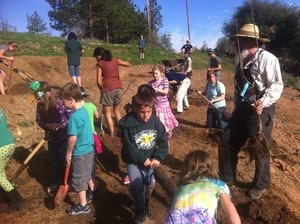
Partnering with Kern Family Farm and North Fork Elementary School, Coarsegold RCD created a much larger hedgerow site in the North Fork School Garden. This inspiring one-acre, organic micro farm was sprouted in 2000 by Hansel Kern and is still managed by the family farm today.
This amazing school garden project helps provide fresh fruit and vegetables to the students at North Fork Elementary School. In one day, 200 students from preschool through eighth grade helped to plant around 800 milkweed and nectar plugs.
This habitat is an ongoing project that aids in the conservation of pollinator habitat while also acting as a living laboratory for the children to investigate plants, bugs, and their interconnected lifecycles.
What’s Happening in the Community
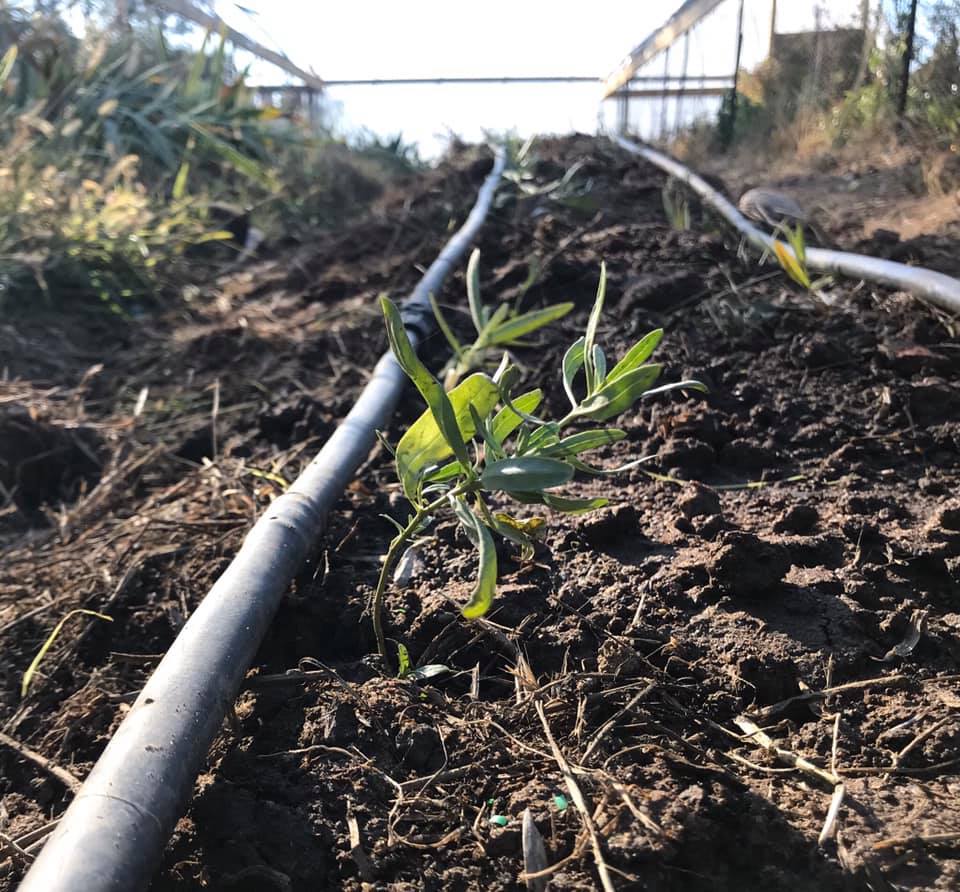
CRCD is also helping to construct and finance a small outdoor classroom project that is currently under construction. This space will give teachers the ability to expand the outdoor education components of their curriculum. Generous donations to this project have also been made by Oakhurst Sunrise Rotary Group and Cross Roads Recycled Lumber.
We have also received bulk milkweed seeds, which we have distributed to interested Eastern Madera County residents. These seed packets allow us to help our outreach to community members also interested in conservation. These seeds are shared at presentations and tabled events in which we participate.
Coarsegold RCD is looking to continue our work with pollinator conservation in the future, whether by expanding our milkweed seed distribution, growing our outreach and education with local school/groups, or identifying future possible restoration sites in the community.
Reach out to us at coarsegoldrcd@gmail.com and let us know how we can work together to protect these important species.
How to Get Involved
Get in touch with us to learn more about different opportunities to get involved with our current programs.
Send us a message on our contact page or email coarsegoldrcd@gmail.com to get started!
